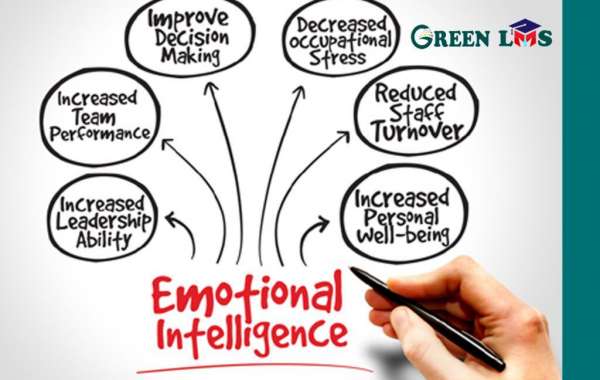Emotional intelligence comprises five key components: self-awareness, self-regulation, motivation, empathy, and social skills. Self-awareness allows individuals to recognize their emotions, while self-regulation helps manage these emotions constructively. Motivation keeps individuals focused on their goals, even in tough situations. Empathy enables understanding others’ perspectives, and social skills help build and maintain strong connections.
The benefits of EI are immense. It enhances communication by helping people express themselves clearly and interpret others’ emotions accurately. It also strengthens relationships by fostering trust and compassion, making it easier to resolve conflicts. In professional settings, EI is a hallmark of effective leaders who inspire and support their teams while creating positive work environments.
Moreover, emotional intelligence plays a crucial role in mental well-being. By managing stress and emotions effectively, individuals can build resilience and maintain a healthy mindset. Employers increasingly value EI as it enables employees to adapt to change, collaborate effectively, and resolve conflicts with ease.
In conclusion, emotional intelligence is more than a soft skill—it’s a critical asset for success and well-being. By developing EI through mindfulness, empathy, and self-reflection, individuals can lead more fulfilling lives and build stronger, more meaningful relationships.






